The Premier League came to an end yesterday afternoon and Manchester City became the first club in the history of England football to win 4 titles in a row. The Manchester club have now won 6 of the last 7 titles and demonstrate remarkable consistency over time.
Some might argue that City were not at their best this season, and that Arsenal and Liverpool missed a great chance to win the title. This perspective demonstrates just how good City’s “best” is. The table below list every team in the history of the English Premier League to have achieved 85 points or more.
The suggestion that City were poorer than usual may not stack up with the recent data. Their 91-point haul in 2023/24 is better than both 2022/23 and 2020/21. So, this is the 2nd best effort during the 4-in-a-row streak. The “peak” seasons so appear to be just before Covid. With both City and Liverpool from 2017-20 dominating the best seasons.
Arsenal’s 2023/4 effort would have been City in both 2020/21 and 2022/23. Not that this will comfort fans of the London club.


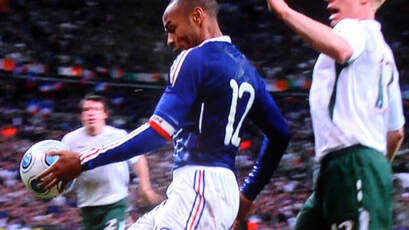
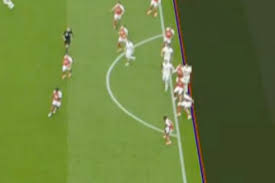
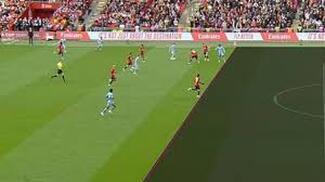
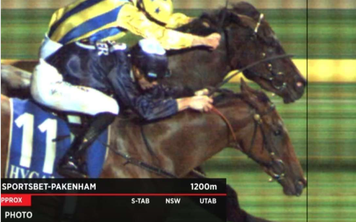
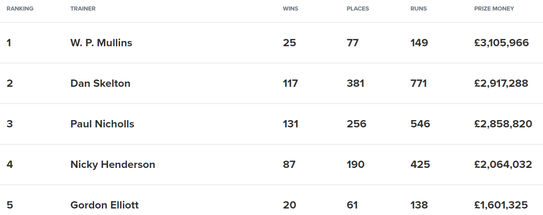

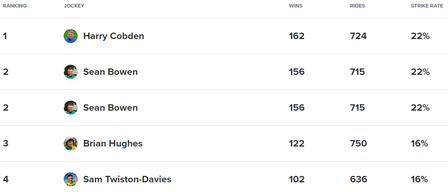

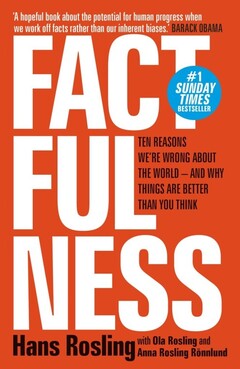
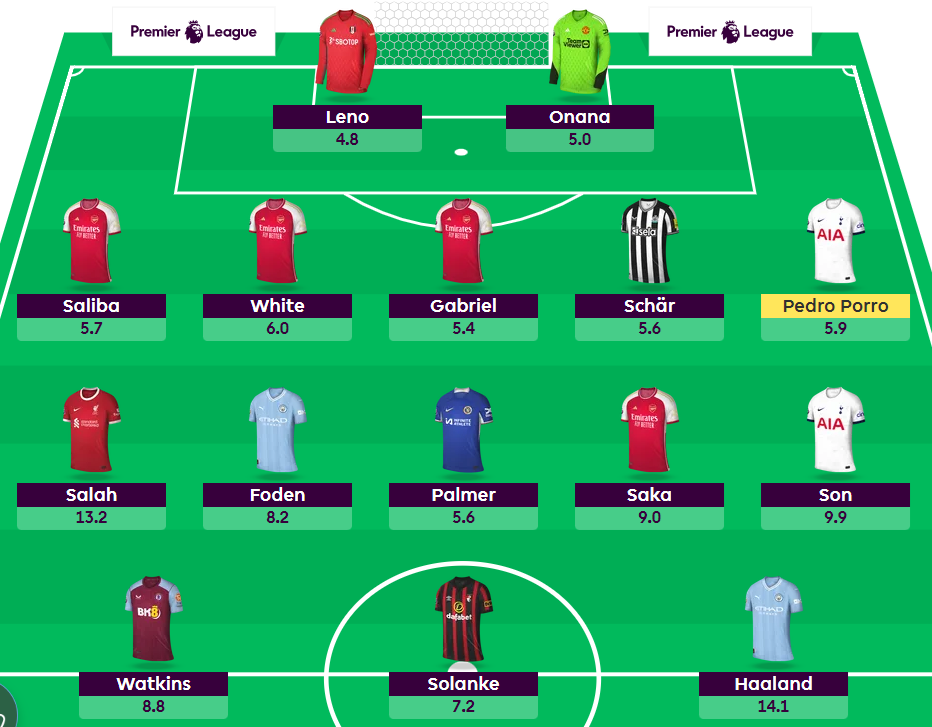
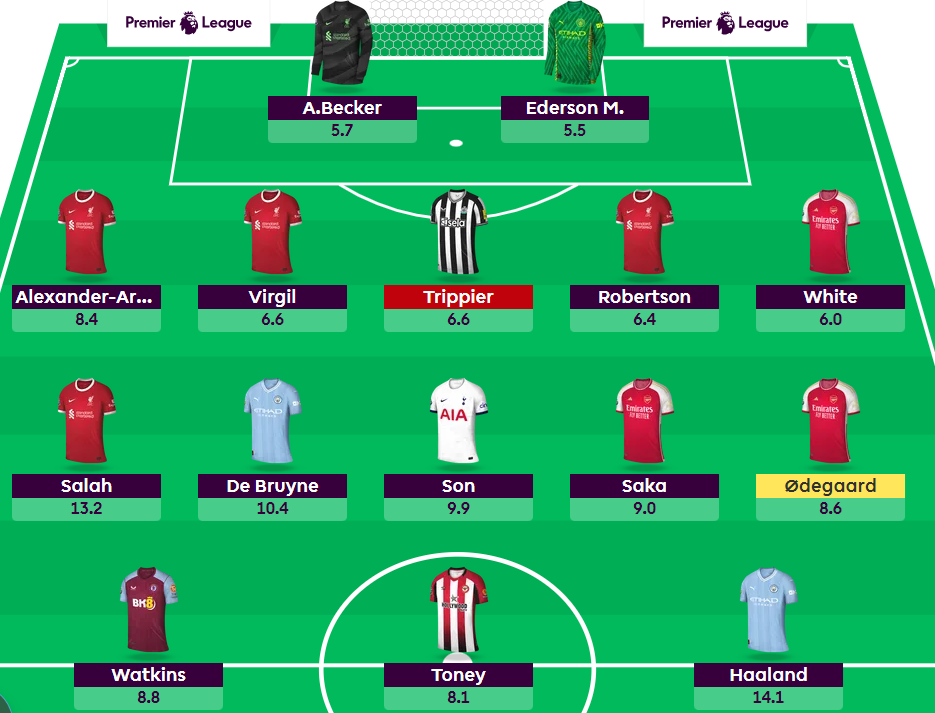
 RSS Feed
RSS Feed